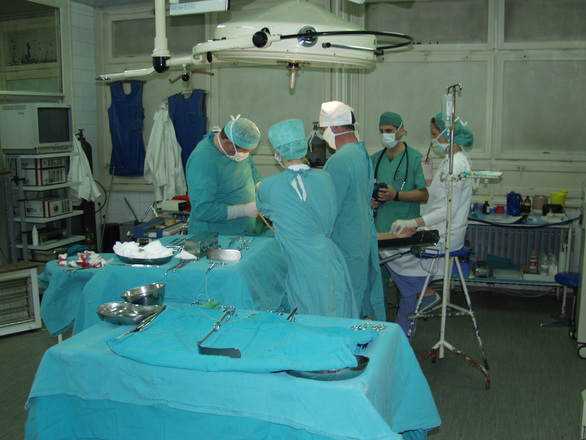What Should be Included in Living Wills?

Living wills are designed to make it possible for you to decide what level of extraordinary medical care you wish to receive, if any, if you have a terminal condition or an end-stage condition and cannot speak for yourself. Living wills can also give you the opportunity to explain what medical care you wish to receive if you are in a persistent vegetative state. Without a living will, you could be forced to undergo medical care you do not want and you could be kept alive beyond when your quality of life is gone. You could also find that medical care is withheld in situations where you would have preferred extraordinary measures be taken to try to save or prolong your life.
There are certain things that your living will must contain in order to be legally valid. For example, Florida law requires that a living will be signed by the person who is creating the advanced directive for healthcare. The living will has to be signed in the presence of two witnesses. At least one of the witnesses who observes the signing must be someone who is neither a spouse nor a blood relative of the person making the living will.
If someone is not physically able to sign the living will, then one of the witnesses who observes the creation of the advanced directive can sign that person’s name for them and at their direction.
A living will that was created in another state is valid in Florida as long as the living will followed all of that particular state’s requirements to create the document.
In addition to making sure the technicalities are met, you also want to include specific details on the types of medical care you do and do not wish to receive if you have a terminal illness, if you are in the end stages of an illness, or if you are in a persistent vegetative state. Your living will should either accept or decline specific life-prolonging procedures.
Florida Statutes defines “life-prolonging procedure” as “any medical procedure, treatment, or intervention, including artificially provided sustenance and hydration, which sustains, restores, or supplants a spontaneous vital function. The term does not include the administration of medication or performance of medical procedure when such medication or procedure is deemed necessary to provide comfort care or to alleviate pain.”
This means your living will should address whether you want a feeding tube, artificial hydration, CPR, a breathing machine, or similar medical devices used to keep you alive. You can decline or request that these types of medical interventions be used.
You are the best person to make your own medical decisions, therefore, it is a responsible choice to create a living will, both for your own sake and to protect your family from having to make very difficult choices without knowing your wishes. An experienced estate planning lawyer at the Elder Law Firm of Clements & Wallace, P.L. can provide assistance with the creation of a living will and can help you to determine what should be included in your advanced healthcare directives.
For your peace of mind and your family’s, do not leave your medical wishes unanswered. Give us a call today at 863-288-0904 or contact us online to create your living will today.
category: Livings Wills & Healthcare Surrogates